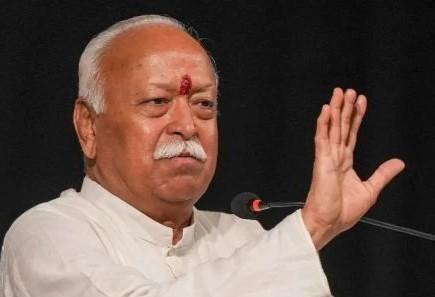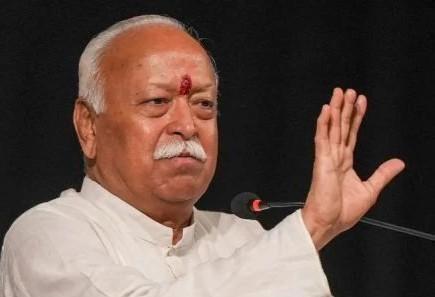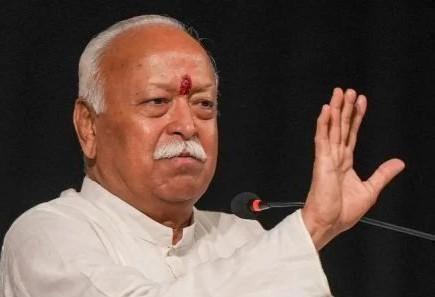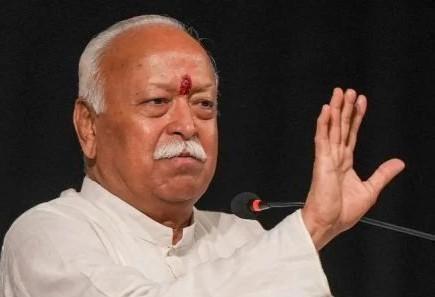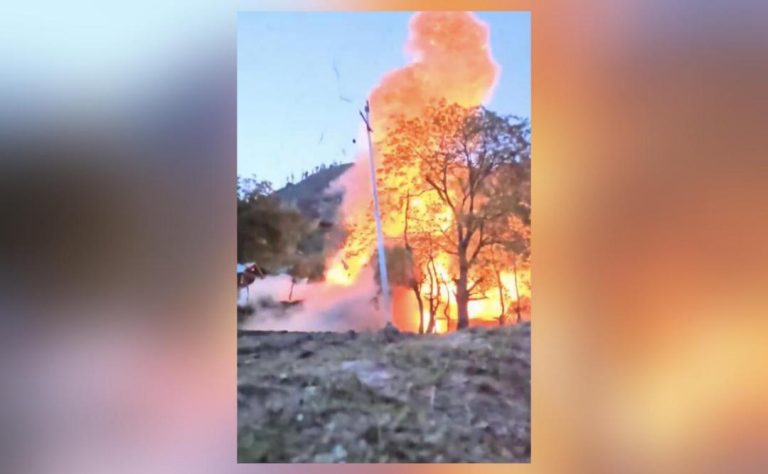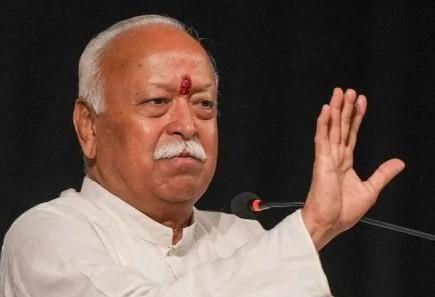
If Someone Turns to Evil, Then We’ll Teach a Lesson: Bhagwat on J&K Attack
In the wake of the recent terror attack in Pahalgam, Jammu and Kashmir, RSS chief Mohan Bhagwat has sparked a controversy with his remarks on teaching a lesson to “oppressors and hooligans”. The attack, which resulted in the loss of several lives, has left the nation reeling in shock and anger. In his statement, Bhagwat emphasized that non-violence is indeed India’s religion, but added that it is equally important to take stern action against those who resort to violence and oppression.
The RSS chief’s comment has sparked a heated debate, with many questioning the efficacy of his words in the face of rising terrorism and violence in the country. However, Bhagwat’s statement also underscores the need for a nuanced approach to dealing with terrorism, one that balances the pursuit of peace with the need to protect citizens from harm.
Non-Violence as India’s Religion
Bhagwat’s assertion that non-violence is India’s religion is rooted in the country’s spiritual and philosophical traditions. Hinduism, Buddhism, and Jainism, among other Indian religions, place great emphasis on the pursuit of non-violence and compassion. The concept of ahimsa, or non-violence, is a fundamental principle of Indian thought, and is often seen as a means of achieving spiritual growth and self-realization.
In this context, Bhagwat’s statement is not just a call to action, but also a reminder of the country’s rich spiritual heritage. India has a long tradition of non-violent resistance, from Mahatma Gandhi’s civil disobedience movement to the non-violent protests of the Indian independence movement. Non-violence is seen as a powerful tool for achieving social change, and is often seen as a means of transforming society from within.
Teaching a Lesson to Oppressors and Hooligans
However, Bhagwat’s statement also acknowledges that not everyone is committed to non-violence. In a world where terrorism, violence, and oppression are rampant, it is essential to take a firm stand against those who resort to such means. The RSS chief’s call to “teach a lesson” to oppressors and hooligans is a reminder that sometimes, the only way to protect citizens from harm is to take decisive action.
This approach is not unique to India, of course. Many countries have taken a firm stance against terrorism and violence, often using military force to protect their citizens. The question is, however, whether this approach is effective in the long run. Can it really “teach a lesson” to those who are committed to violence and oppression?
The King’s Duty is to Protect the People
In his statement, Bhagwat also emphasized the importance of the king’s duty to protect the people. This is a reference to the ancient Indian concept of the king’s role as a protector of his subjects. In Hinduism, the king is seen as a servant of the people, and is expected to defend them from harm.
In this context, Bhagwat’s statement is a reminder that the state has a responsibility to protect its citizens from harm. This is not just a matter of national security, but also a matter of human dignity and compassion. The state has a duty to ensure that its citizens are safe, and that they can live their lives without fear of violence or oppression.
Conclusion
Mohan Bhagwat’s statement on teaching a lesson to oppressors and hooligans has sparked a controversy, but it also underscores the need for a nuanced approach to dealing with terrorism and violence. Non-violence is indeed India’s religion, but it is equally important to take stern action against those who resort to violence and oppression.
In the end, the key to achieving peace and security is not just about teaching a lesson, but about creating a society that is just, compassionate, and equitable. This requires a commitment to non-violence, but also a willingness to take decisive action against those who pose a threat to our citizens.
Source: https://youtu.be/SpAKVWl5wII
